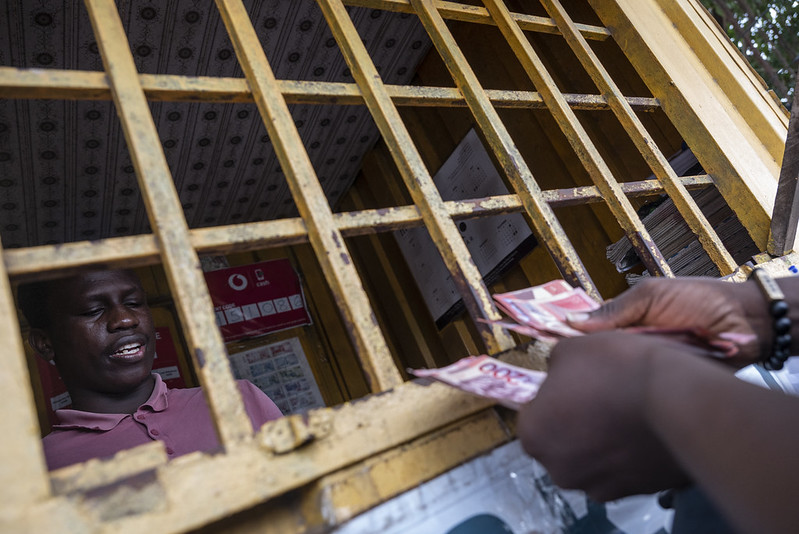Sign up to get our weekly newsletter straight to your inbox, plus breaking news, investigations and extra bulletins from key events
Of all climate topics, the role of gas in Africa is among the most divisive.
Chloé Farand’s eye-opening report from Ghana adds to this debate by showing how ruinously expensive it can be to import shipped gas.
The heavily-indebted nation is planning a 17-year agreement with Shell to ship gas in through a new UK and German-backed terminal.
Critics describe this deal as a rope hanging around Ghana’s neck and ask why the government hasn’t learned its lessons from a previous bad gas deal.
That “take or pay contract” was signed when Ghana was suffering power cuts in the mid-2010s. It has since pushed up electricity prices and left many Ghanaians now choosing between power and food.
It also caused an over-supply of gas which dampened enthusiasm for renewables and for capturing the gas which oil companies burn as a waste product.
And it’s not just Ghana whose economy has been damaged by dependence on fossil fuel imports. Just ask Sri Lankans. Or Europeans last winter.
This week’s news:
- Court says renewable firms can seize Spain’s property after subsidy cuts
- Gas lock-in: Debt-laden Ghana gambles on LNG imports
- UK government bets on ‘pragmatic’ climate inaction ahead of election
- Amazon governments set sights on narco-deforestation
- Deep-sea mining ban draws closer despite China’s opposition
- Brazil seeks European trade advantages in return for Amazon protection
…and comment:
Britain’s climate election
Brits like me have tended to look on smugly as the climate culture war dominates elections in places like the US, Australia and Brazil.
We’ve tended to have a relative cross-party consensus, at least rhetorically, between the main parties – helped by a legally-binding net zero target and the climate change committee.
But, after a surprise election victory in suburban London was credited to anti-air pollution measures, the Conservative government has decided it can save itself from electoral annihilation by making climate action an issue in next year’s election.
By cutting climate finance and backing oil and gas production and polluting vehicles, they’re seeking to contrast their “pragmatic” climate action with the opposition Labour Party’s scary, expensive, radical policies.
But pollsters told Climate Home that this
Read More

